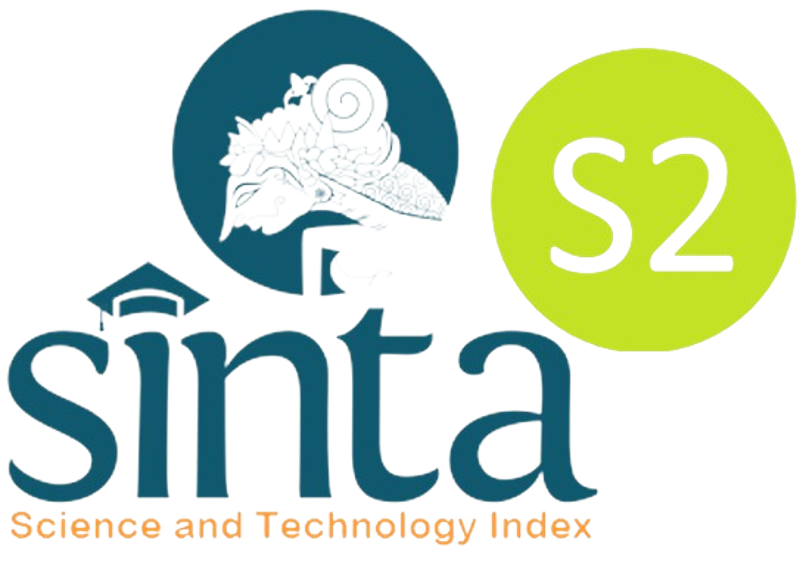E-government Program Implementation in Public Elementary Schools in Sorsogon, Philippines
Abstract
Abstract: E-government Program Implementation in Public Elementary Schools in Sorsogon, Philippines. Objectives: This study determined the e-government programs, extent, and challenges in Public Elementary Schools in Sorsogon, Philippines. Methods: This study utilized the mixed-methods sequential-explanatory design in which the major design is quantitative and minor is qualitative research where one thousand elementary teachers and sixty-eight elementary school heads at Sorsogon West Ditrict, Sorsogon City, Philippines were selected using stratified random (percentage) sampling. Data was collected through document analysis, survey questionnaire, and unstructured interviews. Findings: The results revealed that first, there were various e-government programs implemented across the identified variables in the study, second, the e-government programs are well-implemented, third, the school heads and teachers experienced challenges in the implementation of the programs, and fourth, a strategic plan will help strengthen and enhance the e-government programs implementation. Conclusion: Determining the extent of implementation of e-government programs and factors affecting its implementation provides basis to further develop and strategically improve its implementation.
Keywords: e-government, strategic plan, public elementary school
Abstrak: Implementasi Program E-government di Sekolah Dasar Negeri di Sorsogon, Filipina. Tujuan: Studi ini menentukan program, jangkauan, dan tantangan e-government di Sekolah Dasar Negeri di Sorsogon, Filipina. Metode: Penelitian ini menggunakan desain sequential-explanatory mixed-methods dimana desain mayornya adalah kuantitatif dan minor adalah penelitian kualitatif dimana seribu guru SD dan enam puluh delapan kepala sekolah dasar di Sorsogon West Ditrict, Sorsogon City, Filipina dipilih menggunakan stratified pengambilan sampel acak (persentase). Pengumpulan data dilakukan melalui analisis dokumen, kuesioner survei, dan wawancara tidak terstruktur. Temuan: Hasil mengungkapkan bahwa pertama, ada berbagai program e-government yang diterapkan di seluruh variabel yang diidentifikasi dalam penelitian ini, kedua program e-government dilaksanakan dengan baik, ketiga, kepala sekolah dan guru mengalami tantangan dalam pelaksanaan program, dan keempat, rencana strategis akan membantu memperkuat dan meningkatkan implementasi program e-government. Kesimpulan: Menentukan sejauh mana implementasi program e-government dan faktor-faktor yang mempengaruhi implementasinya memberikan dasar untuk lebih mengembangkan dan meningkatkan implementasinya secara strategis.
Kata kunci: e-government, rencana strategis, sekolah dasar negeri.
Full Text:
PDFReferences
D. Sarantis, S. Ben Dhaou, C. Alexopoulos, A. Ronzhyn, G. Viale Pereira, Y. Charalabidis. 2019. The Evolving e-Governance Curriculum: A Worldwide mapping of Education Programs. In Proceedings of the 12th International Conference on Theory and Practice of Electronic Governance (ICEGOV2019), Melbourne, VIC, Australia, April 3-5, 2019, 9 pages.
https://doi.org/10.1145/3326365.3326415: Accessed July 25, 2021.
Siar, S. V. (2005). E-governance at the local
government level in the Philippines: An
assessment of city government
websites. Philippine Journal of Development, 32(2), 135-168.
https://d1wqtxts1xzle7.cloudfront.net/31581291/E- governance_Philippines-with-cover-page- v2.pdf?Expires=1627123892&Signature=dbRgUDk4f3GBMP 9vZsod6qcqDYxm0QQ- 1bFCfsgcRdZibNhYpVmr~ctU614BshVjfIlSSz2b5toiTOMNvO TSeznlL-YhG5~dBxCSBppb4WYx~oiXWOcJzj-
mDXOKBaXO6k953EnRl8vDlcergGkZdQ5mEu533dOF1qJQQCEoZ Atw47fDZcmyfdejTgks4T3t2vzGE4J~3m0zcz1LQ1ewo7Cv7I~ IzenNlm8qsmn9VuAo0tKXJFP0LNDIzooQxpO9kqaiR6CcZnEJW RIRyKNXbhX6SvTw7D-
dZYDS~9eLZVg9Lp7z39h5XdWwhcjkvZkOm0OHrhcu5IaLOcv74 uS Pew__&Key-Pair-Id=APKAJLOHF5GGSLRBV4ZA
Accessed July 25, 2021.
Magno, F. A. (2014). E-governance and social inclusion: Community E-centers in the Philippines. In E- governance and social inclusion: Concepts and cases (pp. 256-270). IGI Global.
DOI: 10.4018/978-1-4666-6106-6.ch016 Accessed: July 25, 2021
De Castro, C. A., & De Castro, E. G. (2022). E-
Government Initiatives of Local Governments in the
Philippines. Journal of Community Development
Research (Humanities and Social Sciences), 15(3),
-70. Accessed November 20, 2022
The Information Technology Act, 2000
https://www.wipo.int/edocs/lexdocs/laws/en/in/in024en.pdf
D.O. NO. 21, s. 2019. Policy Guidelines on the K to 12 Education
https://www.deped.gov.ph/wp-content/uploads/2019/08/DO_s2019_021.pdf
RA 10844. Department of Informations and Communications Technology Act of 2015. https://dict.gov.ph/wp-
content/uploads/2016/05/RA10844_DICT.pdf
OECD e-Government Studies: Norway, 2022
https://www.oecd.org/mena/governance/36853121.pdf
https://www.oecd.org/innovation/digital-
government/oecde-governmentstudiesnorway.htm
Stoiciu, Andreea, 2011. The Role of E-governance in
Bridging the Digital Divide from
https://www.un.org/en/chronicle/article/role-e-
governance-bridging-digital-divide. Accessed:
November 20, 2022
Refbacks
Copyright (c) 2023 Jurnal Pendidikan Progresif

This work is licensed under a Creative Commons Attribution-ShareAlike 4.0 International License.
View My Stats

The copyright is reserved to The Jurnal Pendidikan Progresif that is licensed under a Creative Commons Attribution-ShareAlike 4.0 International License.





